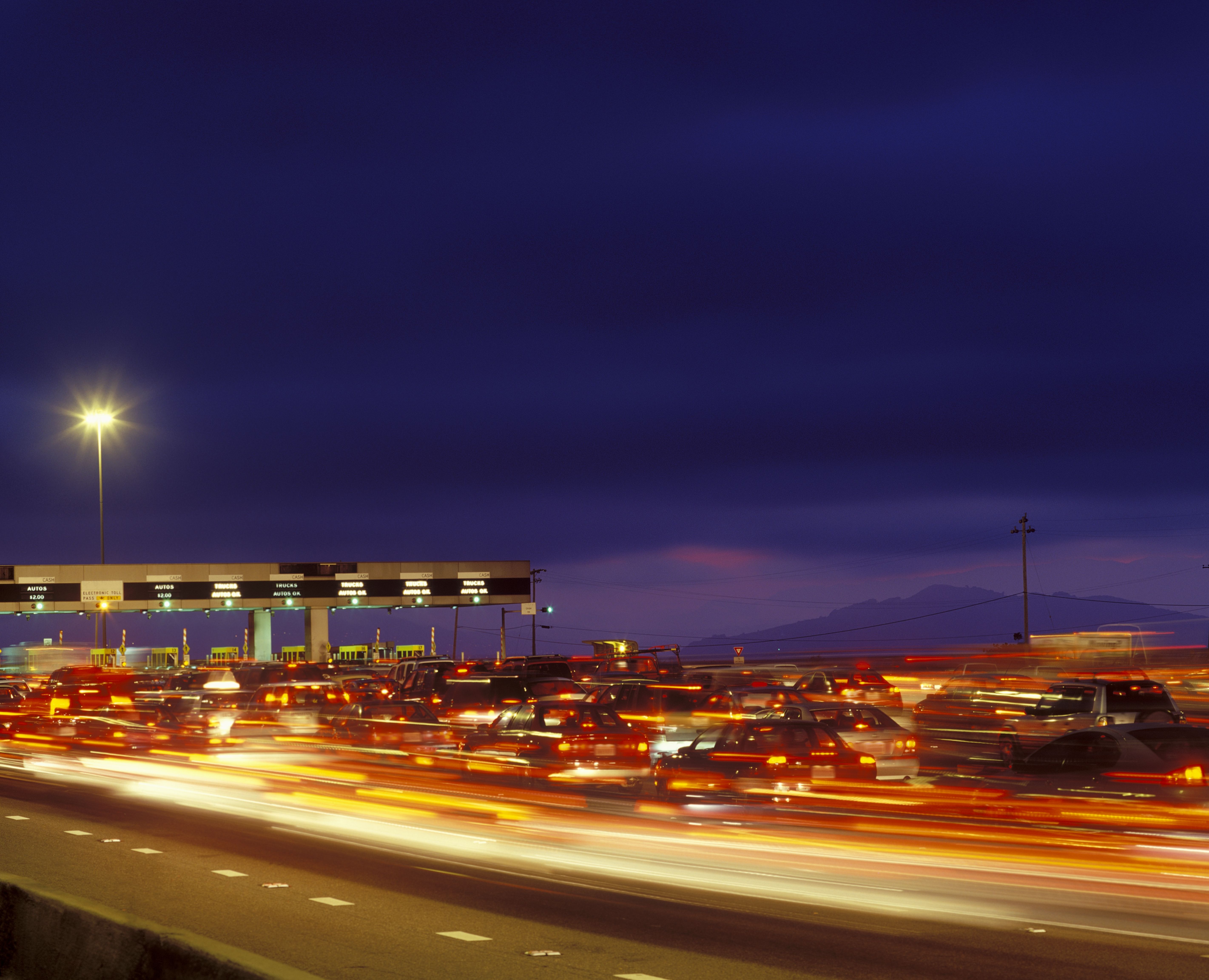Warsaw launches low-emission zone to combat air pollution
)
A low-emission zone (LEZ) has launched in Warsaw to improve air quality and promote sustainable urban mobility in the Polish capital city.
The zone covers 37km2, representing about 7% of the city’s total area, and includes major thoroughfares such as Prymasa Tysiąclecia Avenue and Łazienkowski Bridge within the central districts of Śródmieście and Wola, where traffic congestion and pollution levels are particularly high.
The introduction of the LEZ is a response to growing concerns about air pollution in Warsaw, which has reportedly exceeded limits set by the World Health Organization and the European Union.
Studies indicate that reducing NOx emissions from transport could prevent approximately 945 premature deaths annually in Warsaw. The city’s authority has been under pressure to address these environmental and health challenges, and the LEZ. which forms part of a wider Clean Transport Zone, represents a major component of its strategy.
Mayor of Warsaw Rafał Trzaskowski said: “The launch of the LEZ is a crucial step in our efforts to reduce air pollution and enhance the quality of life for our residents.
“We are committed to creating a healthier, more sustainable Warsaw, and this initiative will help us achieve our environmental goals.”
Under the new regulations, diesel vehicles manufactured before 2005 and petrol vehicles produced before 1997 are banned from entering the LEZ. Initially, the LEZ will affect a relatively small number of vehicles, with estimates showing that around 3% of vehicles moving around Warsaw do not currently meet the zone’s requirements.
The charge is set at 25 PLN (€5.80) per day for non-compliant vehicles and there are also fines for repeat offenders who violate the regulations multiple times. According to city officials, these restrictions will tighten over time, eventually banning all diesel cars older than 12 years and all petrol cars older than 17 years by 2032.
The phased approach aims to reduce nitrogen oxide emissions by 80% and particulate matter by 69% by 2032. What’s more, the initiative is projected to generate an annual net benefit of 2.9bn PLN (€665m) for the city, primarily through reduced healthcare costs and increased productivity.
An online verification process, handled by the Public Roads Authority in Warsaw, can check whether a vehicle is susceptible to the charge. This is based on basic vehicle information such as mandatory year of manufacture and fuel type as well as optional emission standard. If the verification proves that a vehicle meets the requirements of the zone, nothing more needs to be done.
For vehicles that do not meet the zone’s requirements, the programme will inform the applicant on what, if any, steps can be taken next. To ease the transition, the city has introduced several support measures for residents and businesses affected by the LEZ. Subsidies and incentives are available for those wishing to upgrade their vehicles to more environmentally friendly models.
Additionally, the city has expanded its public transport network and improved cycling infrastructure to provide more sustainable alternatives to car travel. Businesses operating within the LEZ have also been given access to grants and low-interest loans to help them comply with the new standards.
The city administration has been working closely with local businesses to ensure that the economic impact of the LEZ is minimised. Furthermore, there are exemptions for residents, seniors, and individuals with disabilities. Despite nearly 70% of residents reportedly supporting the initiative, response to the LEZ from the public has been mixed.
Environmental groups and health organisations have largely welcomed the scheme, citing the long-term benefits for air quality and public health. Dr Anna Kowalska, a local environmental scientist, said: “The LEZ is a necessary and forward-thinking initiative. It will significantly reduce harmful emissions and set an example for other cities in Poland and beyond.”
However, some residents and business owners have expressed concerns about the financial implications and the potential inconvenience caused by the new regulations. The city has pledged to monitor the impact of the LEZ closely and make adjustments as needed to address concerns.



